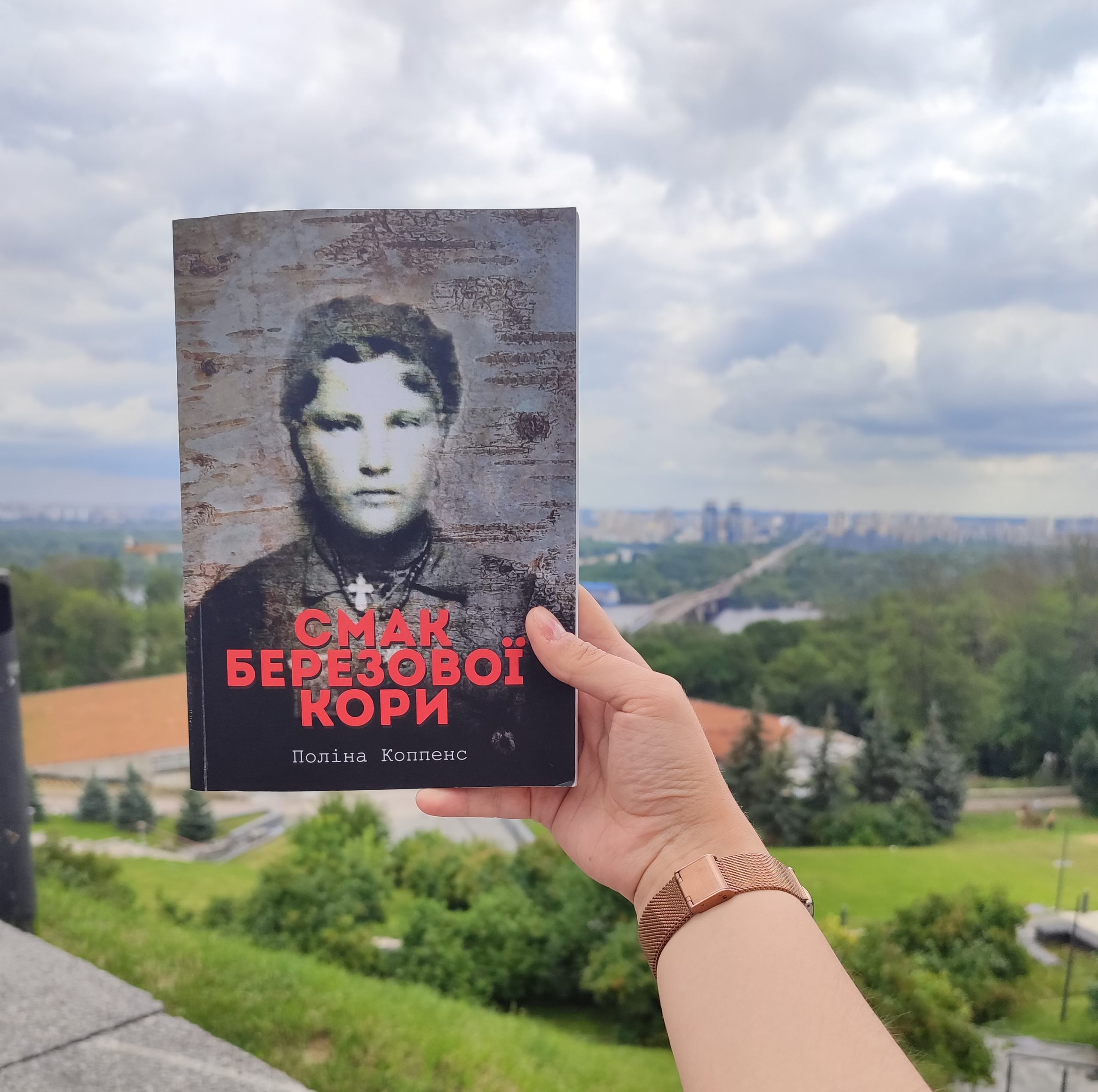The book of memories “The Taste of Birchbark” handed over to the museum
“The thing which will stay with me for the rest of my life is the crying of hungry children. Their mothers tried to calm them down, but the crying did not stop. When, suddenly, there was a long silence, we looked at each other without saying a word. We knew what that meant: in a moment, another corpse would be carried out through the door.
I will never forget what happened to Svitlana and her husband, Petro. Their father and mother moved in with them after they had been evicted from their home by aggressive young communists. The couple had five children. Their oldest child was seven, and they were expecting another one. Svitlana did not work on the collective farm because she could not leave her children in the care of her parents: the father was insane, and the mother could barely manage herself. Petro was the sole breadwinner, and the food he brought for his work was not enough to feed his family. Svitlana could not feed the youngest child because she was completely exhausted.
In desperation, Petro went to the city in 1933 in search of food for his family. Every day, his wife stood outside and watched to see if he would return. Weeks passed, but he did not appear. I remember her going around asking for food, but everyone was hungry.
Then, she gave birth to a boy. She gave him the name of her husband, Petro, about whom they whispered that he would never return. My mother helped her give birth. The child was thin and was crying for several days. He had little strength to suck the breast, and the milk did not come. On the third day, the crying stopped. All that remained was the mother’s grief, the thin children clinging to her, the orphaned look of the old grandfather and the crying of the crippled grandmother.
The child was put in a grave, but at night, Svitlana dug it up again. The next day, her children were fed. Everyone in the village knew what had happened. This was not the only case when corpses served as food for others. There were stories of children being sold to hungry buyers.
Petro never returned, and Svitlana went crazy, as her children died one after another. One day, her body was found in the cemetery near the graves of her children…”
These memories belong to Holodomor witness Natalia Pokhvatna. She was born in the village of Makiyivka (now Bilotserkivskyi district, Kyiv region), where she survived the Holodomor. During the Second World War, she was deported to Germany for forced labour, from where she never returned to the Soviet Union.
The woman settled in Belgium, but she carried her childhood experiences through her whole life. Later, these memories were written down by Ms Natalia’s daughter, Pauline Coppens and published as a separate book. A copy of this edition in Flemish (De smaak van berkenschors) was donated to the Holodomor Museum in 2019. And this year, thanks to the family’s efforts, the book was translated into Ukrainian. The Holodomor Museum received a copy of it called ” The Taste of Birchbark” the other day.
As Ms Pauline wrote in the preface, she compiled this book “as a tribute to my mother’s memory and at the same time to thousands of other Ukrainian women who never had the opportunity to tell about their experiences.”
We thank Pauline for the preserved memories and family memories, and Tetiana Nykon, the author’s niece, for bringing and giving us the book.
